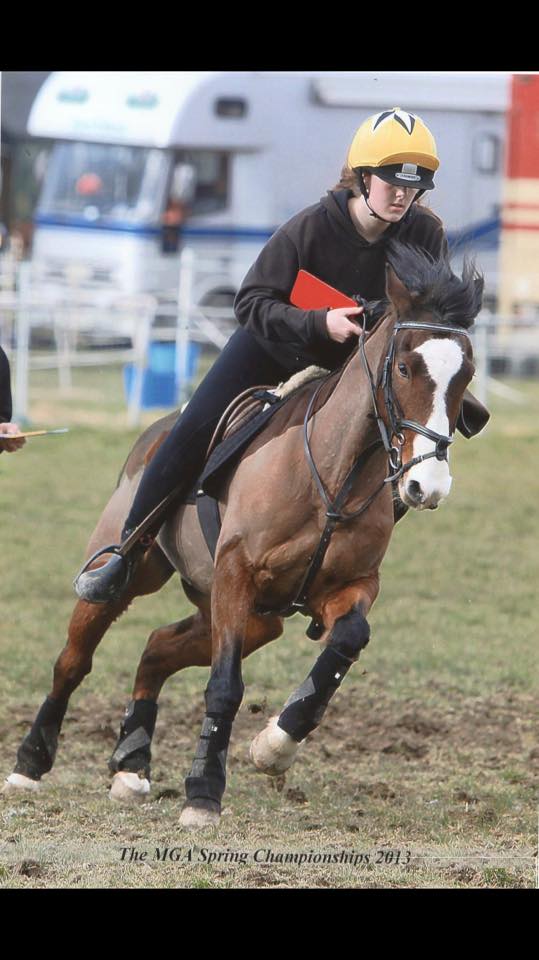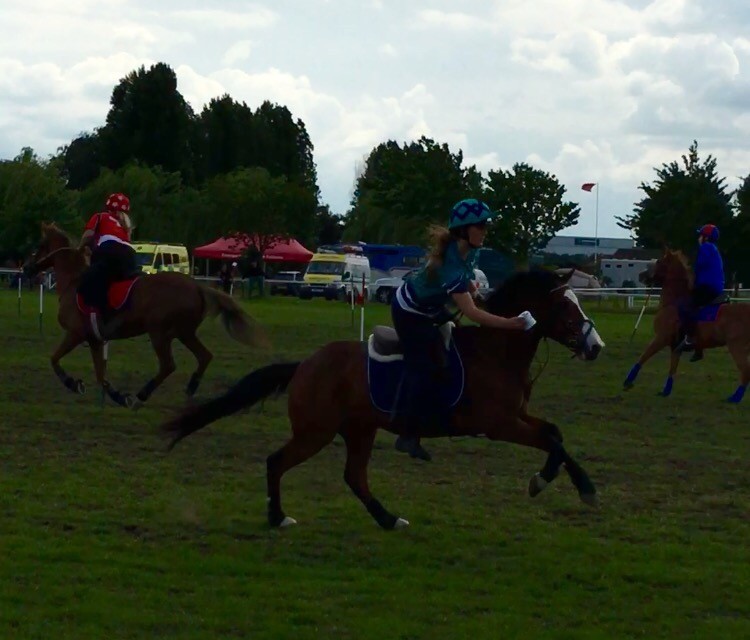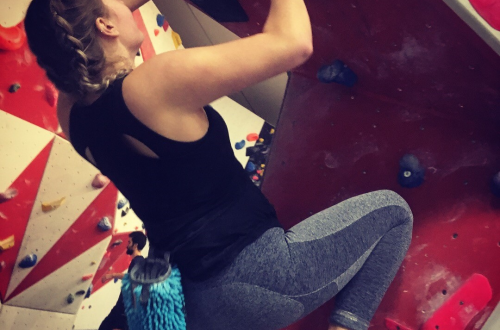
Why can girls struggle to participate in sport?
Many girls stop engaging in sport during their teenage years meaning that they are missing out on the benefits such as health and emotional wellbeing, which is arguably vital for growth and development.
I began horse riding around the age of 3 and continued to do so till I was 16 years old. There were many factors which contributed to me withdrawing, including: cost, education, resources and support. It wasn’t until a few years later that I realised how much sport benefitted me. It provided me with a purpose, it created a motivational drive in all aspects of my life, my physical and mental health improved and I gained a sense of community.

I believe that if I had been made aware of barriers which could arise in sport, I would have planned for how I could combat them so my sporting participation would have continued. Within this blog I have highlighted ways in which sporting engagement can be impacted to create an awareness of the barriers. This way you can begin to tackle them if they arise.
Reasons for Sporting Decline
Family support
Many young people require their parents to initially set them on the path for sporting participation. However, if that support is then withdrawn, it can cause that child to lose the drive to succeed in a sporting capacity, and rather than continue on their own, they decide to stop.
Education
It is not surprising that the decline in participation begins as girls’ start secondary school. It is a nerve-racking time. There are the pressures to fit in, succeed in academics and adjust to this major life change. As a result, it can leave very little room for sporting activities.
Peers
As well as facing a new academic challenge, girls’ might be concerned with ensuring they make friends. This could mean using their free time to hang out with them to ensure they are not left out. As a result, the sporting engagement suffers.
Cost
Many sports can come at a great cost. This is made worse if the family have to support multiple children who wish to all participate in the same expensive sport.
Politics
Sport can become a place of politics, where the need to satisfy parents rather than the children can occur. This might mean that someone who deserves to be in a higher team is surpassed by someone whose parents have good standing with the coaches and trainers.
Scrutiny
In some cases, participants of any gender can be subjected to scrutiny of their sporting performance. This is especially tough if a child has previously been successful and the pressures to maintain that level are too much and as their performance declines, they are ridiculed and made to question if they should continue to compete.
Next week I will suggest ways in which these barriers can be dealt with so sport is made more accessible to you.
If this has been useful to you or you want to ask me any questions about today’s post, feel free to leave a comment or drop me a message on Instagram or TAP.
Have a great day! Soph




